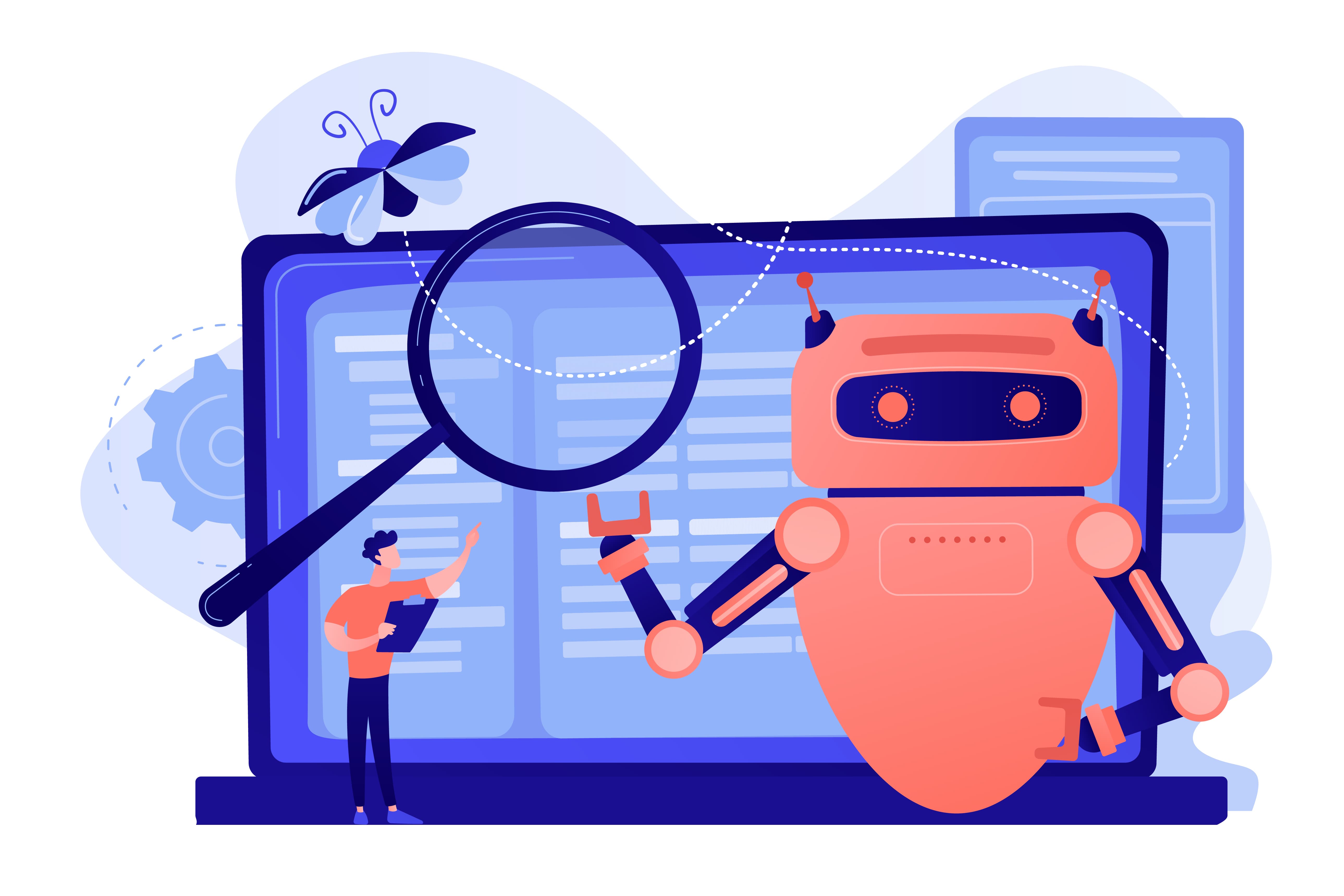In December 2025, the Macquarie Dictionary, Merriam-Webster, and the American Dialect Society named ‘slop’ as the Word of the Year, reflecting a widespread reaction to AI-generated content online, often referred to as ‘AI slop.’ By choosing ‘slop’, typically associated with unappetising animal feed, they captured unease about the digital clutter created by AI tools.
As LLMs and AI tools became accessible to more people, many saw them as opportunities for profit through the creation of artificial content for marketing or entertainment, or through the manipulation of social media algorithms. However, despite video and image generation advances, there is a growing gap between perceived quality and actual detection: many overestimate how easily AI content evades notice, fueling scepticism about its online value.
As generative AI systems expand, the debate goes beyond digital clutter to deeper concerns about trust, market incentives, and regulatory resilience. How will societies manage the social, economic, and governance impacts of an information ecosystem increasingly shaped by automated abundance? In simplified terms, is AI slop more than a simple digital nuisance, or do we needlessly worry about a transient vogue that will eventually fade away?
The social aspect of AI slop’s influence
The most visible effects of AI slop emerge on large social media platforms such as YouTube, TikTok, and Instagram. Users frequently encounter AI-generated images and videos that appropriate celebrity likenesses without consent, depict fabricated events, or present sensational and misleading scenarios. Comment sections often become informal verification spaces, where some users identify visual inconsistencies and warn others, while many remain uncertain about the content’s authenticity.
However, no platform has suffered the AI slop effect as much as Facebook, and once you take a glance at its demographics, the pieces start to come together. According to multiple studies, Facebook’s user base is mostly populated by adults aged 25-34, but users over the age of 55 make up nearly 24 percent of all users. While seniors do not constitute the majority (yet), younger generations have been steadily migrating to social platforms such as TikTok, Instagram, and X, leaving the most popular platform to the whims of the older generation.
Due to factors such as cognitive decline, positivity bias, or digital (il)literacy, older social media users are more likely to fall for scams and fraud. Such conditions make Facebook an ideal place for spreading low-quality AI slop and false information. Scammers use AI tools to create fake images and videos about made-up crises to raise money for causes that are not real.
The lack of regulation on Meta’s side is the most glaring sore spot, evidenced by the company pushing back against the EU’s Digital Services Act (DSA) and Digital Markets Act (DMA), viewing them as ‘overreaching‘ and stifling innovation. The math is simple: content generates engagement, resulting in more revenue for Facebook and other platforms owned by Meta. Whether that content is authentic and high-quality or low-effort AI slop, the numbers don’t care.
The economics behind AI slop
At its core, AI content is not just a social media phenomenon, but an economic one as well. GenAI tools drastically reduce the cost and time required to produce all types of content, and when production approaches zero marginal cost, the incentive to churn out AI slop seems too good to ignore. Even minimal engagement can generate positive returns through advertising, affiliate marketing, or platform monetisation schemes.
AI content production goes beyond exploiting social media algorithms and monetisation policies. SEO can now be automated at scale, thus generating thousands of keyword-optimised articles within hours. Affiliate link farming allows creators to monetise their products or product recommendations with minimal editorial input.
On video platforms like TikTok and YouTube, synthetic voice-overs and AI-generated visuals are on full display, banking on trending topics and using AI-generated thumbnails to garner more views on a whim. Thanks to AI tools, content creators can post relevant AI-generated content in minutes, enabling them to jump on the hottest topics and drive clicks faster than with any other authentic content creation method.
To add salt to the wound, YouTube content creators share the sentiment that they are victims of the platform’s double standards in enforcing its strict community guidelines. Even the largest YouTube Channels are often flagged for a plethora of breaches, including copyright claims and depictions of dangerous or illegal activities, and harmful speech, to name a few. On the other hand, AI slop videos seem to fly under YouTube’s radar, leading to more resentment towards AI-generated content.
Businesses that rely on generative AI tools to market their services online are also finding AI to be the way to go, as most users are still not too keen on distinguishing authentic content, nor do they give much importance to those aspects. Instead of paying voice-over artists and illustrators, it is way cheaper to simply create a desired post in under a few minutes, adding fuel to an already raging fire. Some might call it AI slop, but again, the numbers are what truly matter.
The regulatory challenge of AI slop
AI slop is not only a social and economic issue, but also a regulatory one. The problem is not a single AI-generated post that promotes harmful behaviour or misleading information, but the sheer scale of synthetic content entering digital platforms. When large volumes of low-value or deceptive material circulate on the web, they can distort information ecosystems and make moderation a tough challenge. Such a predicament shifts the focus from individual violations to broader systemic effects.
In the EU, the DSA requires very large online platforms to assess and mitigate the systemic risks linked to their services. While the DSA does not specifically target AI slop, its provisions on transparency, content recommendation algorithms, and risk mitigation could apply if AI content significantly affects public discourse or enables fraud. The challenge lies in defining when content volume prevails over quality control, becoming a systemic issue rather than isolated misuse.
Debates around labelling AI slop and transparency also play a large role. Policymakers and platforms have explored ways to flag AI-generated content throughout disclosures or watermarking. For example, OpenAI’s Sora generates videos with a faint Sora watermark, although it is hardly visible to an uninitiated user. Nevertheless, labelling alone may not address deeper concerns if recommendation systems continue to prioritise engagement above all else, with the issue not only being whether users know the content is AI-generated, but how such content is ranked, amplified, and monetised.
More broadly, AI slop highlights the limits of traditional content moderation. As generative tools make production faster and cheaper, enforcement systems may struggle to keep pace. Regulation, therefore, faces a structural question: can existing digital governance frameworks preserve information quality in an environment where automated content production continues to grow?
Building resilience in the era of AI slop
Humans are considered the most adaptable species on Earth, and for good reason. While AI slop has exposed weaknesses in platform design, monetisation models, and moderation systems, it may also serve as a catalyst for adaptation. Unless regulatory bodies unite under one banner and agree to ban AI content for good, it is safe to say that synthetic content is here to stay. However, sooner or later, systemic regulations will evolve to address this new AI craze and mitigate its negative effects.
The AI slop bubble is bound to burst at some point, as online users will come to favour meticulously crafted content – whether authentic or artificial over low-quality content. Consequently, incentives may also evolve along with content saturation, leading to a greater focus on quality rather than quantity. Advertisers and brands often prioritise credibility and brand safety, which could encourage platforms to refine their ranking systems to reward originality, reliability, and verified creators.
Transparency requirements, systemic risk assessments, and discussions around provenance disclosure mechanisms imply that governance is responding to the realities of generative AI. Instead of marking the deterioration of digital spaces, AI slop may represent a transitional phase in which platforms, policymakers, and users are challenged to adjust their expectations and norms accordingly.
Finally, the long-term outcome will depend entirely on whether innovation, market incentives, and governance structures can converge around information quality and resilience. In that sense, AI slop may ultimately function less as a permanent state of affairs and more as a stress test to separate the wheat from the chaff. In the upcoming struggle between user experience and generative AI tools, the former will have the final say, which is an encouraging thought.
Would you like to learn more about AI, tech, and digital diplomacy? If so, ask our Diplo chatbot!










